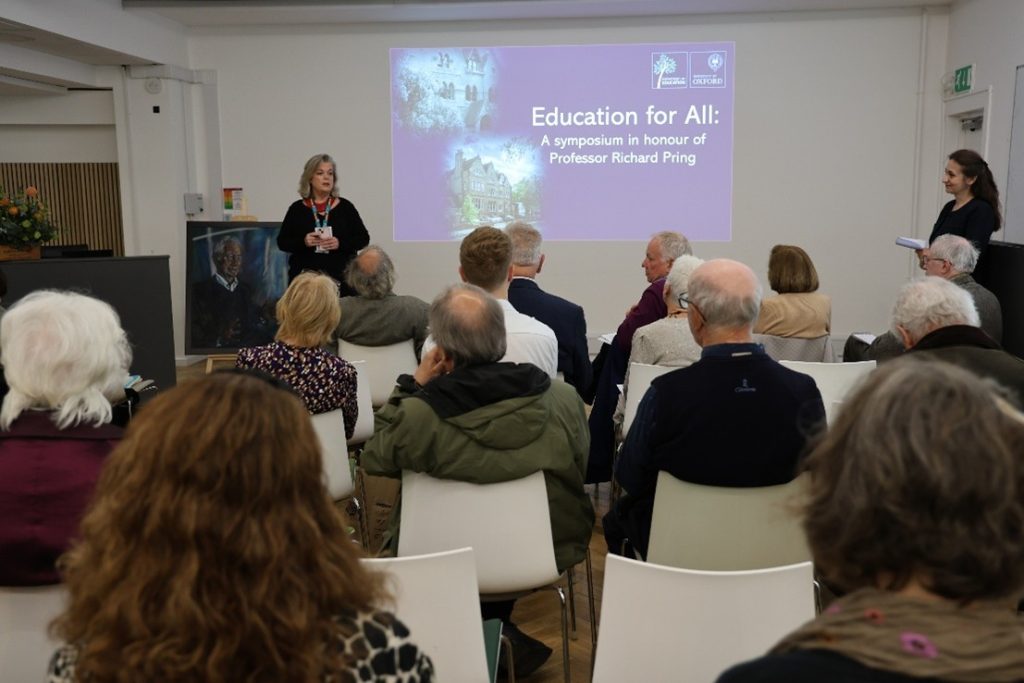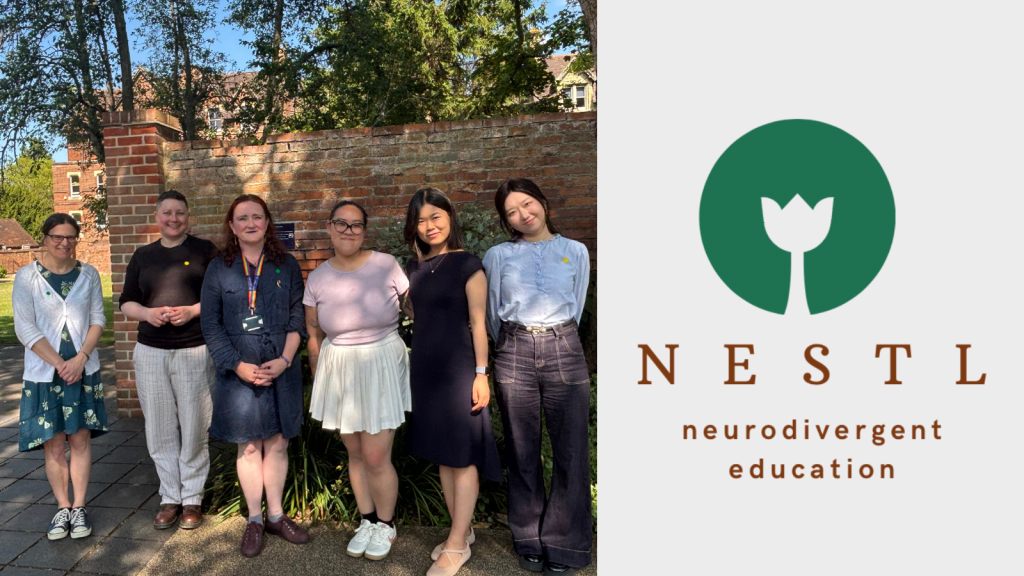The British Educational Research Association (BERA) has named the University of Oxford’s Teacher Education and Professional Learning group as this year’s joint winner of its prestigious Public Engagement and Impact Award. The team receiving the award are John Furlong, Katharine Burn, Hazel Hagger and Trevor Mutton.
The award is in recognition of the way that research undertaken by the group over many years has supported a radical re-conceptualisation of initial teacher education (ITE) across the whole of Wales. These reforms have shaped the experiences of all trainee teachers in Wales, (approximately 2,700 per year) and have had a major impact on hundreds of participating schools and their partner universities. In both schools and HEIs there is now a significantly greater emphasis on increasing capacity to undertake and use research.
The Director of the Welsh Government’s Education Directorate notes that the reforms have resulted ‘in a strengthened ITE provision, and a deeper collaborative architecture across our school and university systems.’
Underpinning research
Oxford’s rich history of research on the professional education and training of teachers dates back to the 1980s.
Successive studies have addressed questions such as:
- What skills and knowledge might student teachers only learn through direct experience in schools?
- What is Higher Education best placed to contribute to teacher learning?
- What sort of partnership between schools and HEIs is needed to provide this training?
Key research leading to the changes in Wales included Hagger and McIntyre’s (2006) Learning Teaching from Teachers and Furlong’s (2013) Education: An anatomy of the discipline, which drew together much of the earlier work undertaken by the team. This led directly to the study commissioned by BERA and the RSA (2013), Research and Teacher Education, chaired by Furlong, which included an important, widely-cited paper by Burn and Mutton (2015) on the development of ‘research informed clinical practice’ in teacher education. Their emphasis on tightly-integrated forms of university-school collaboration as essential to the successful implementation of research-informed practice became a key element in the Welsh reforms.
Details of impact
In 2014 Furlong was appointed as an independent adviser on ITE to the Welsh Government. Drawing explicitly on Oxford research, Furlong’s subsequent report (2015) recommended the complete reform of ITE with the establishment of a new accreditation system, new partnerships between HEIs and schools, a changed approach to ITE inspection by Estyn (the education and training inspectorate) and a significant strengthening of, and investment in, educational research to underpin ITE provision. These recommendations were adopted in full by the Welsh Government.
Accreditation
Drawing directly on the Oxford research, Furlong led the development of a new accreditation process. New Criteria insisted that all ITE ‘should be based on learning that is both rigorously practical and intellectually challenging at the same time’. New legislation made the criteria mandatory and established a Teacher Education Accreditation Board (TEAB). Furlong was appointed the first chair of the TEAB and Hagger a member. Hagger became Chair in 2019.
The new Criteria required Lead Schools to accept ITE as a core responsibility and universities to assume a clearer role in making available knowledge that is not always accessible in schools: knowledge from research, from theory and from good practice internationally.
Estyn
In 2020, Estyn aligned its inspection frameworks to the new Criteria, as the Chief Inspector of Education and Training in Wales notes ‘often using the language of the Criteria and its vision, to support key concepts’.
Research Capacity
In universities, all ITE teaching staff must now have qualifications at a higher level than the courses on which they are teaching, and must be ‘research active’, taking leading roles in assimilating, conducting, publishing and supervising research. As one head-teacher makes clear, schools too are developing greater research literacy: ‘Teachers have also needed to develop a very conscious understanding of research practices, pedagogical methodologies and subject depth’ which were ‘new territories for many schools in terms of our theoretical understanding’.
Read the announcement of the award on the British Educational Research Association’s website









